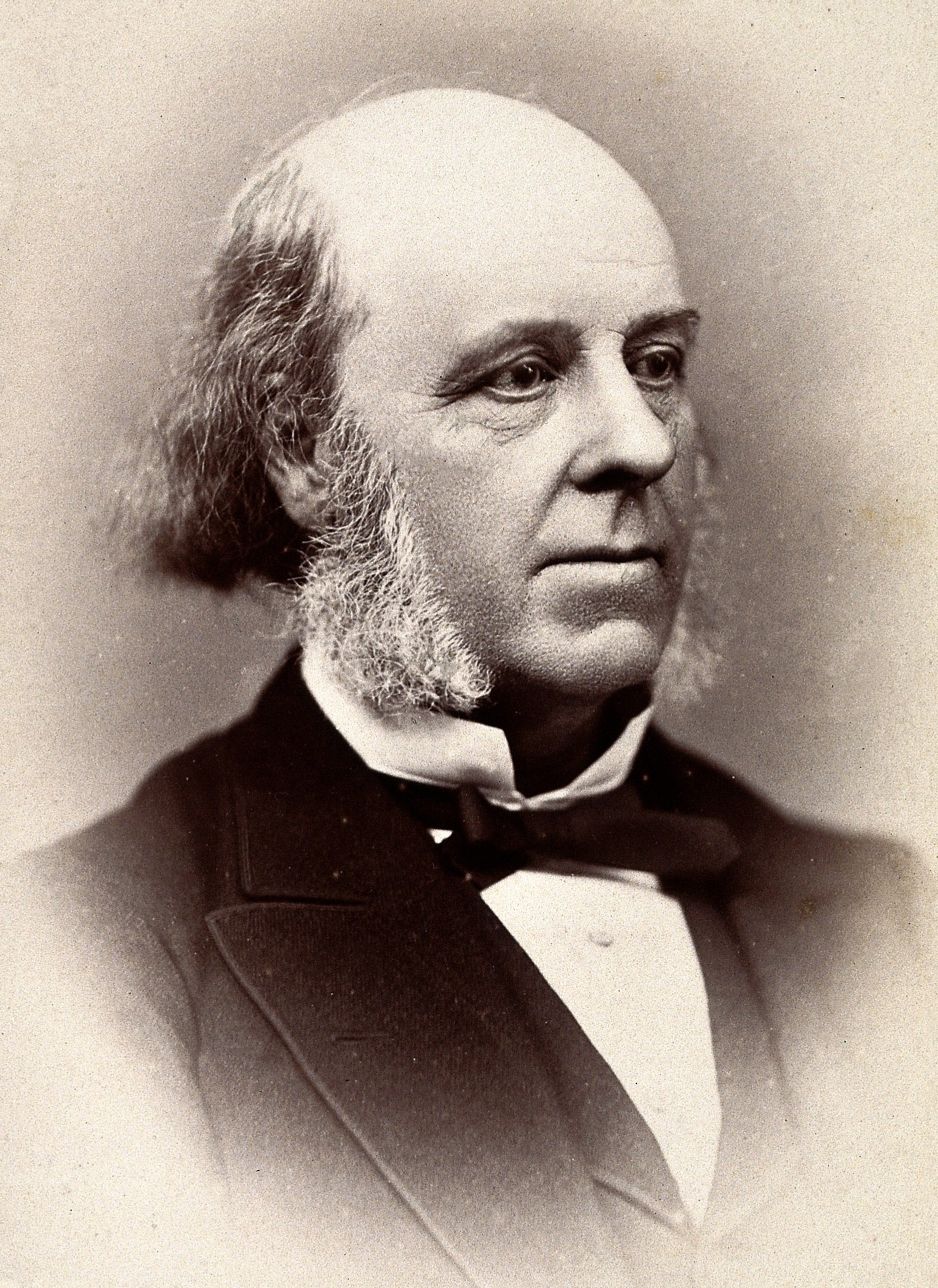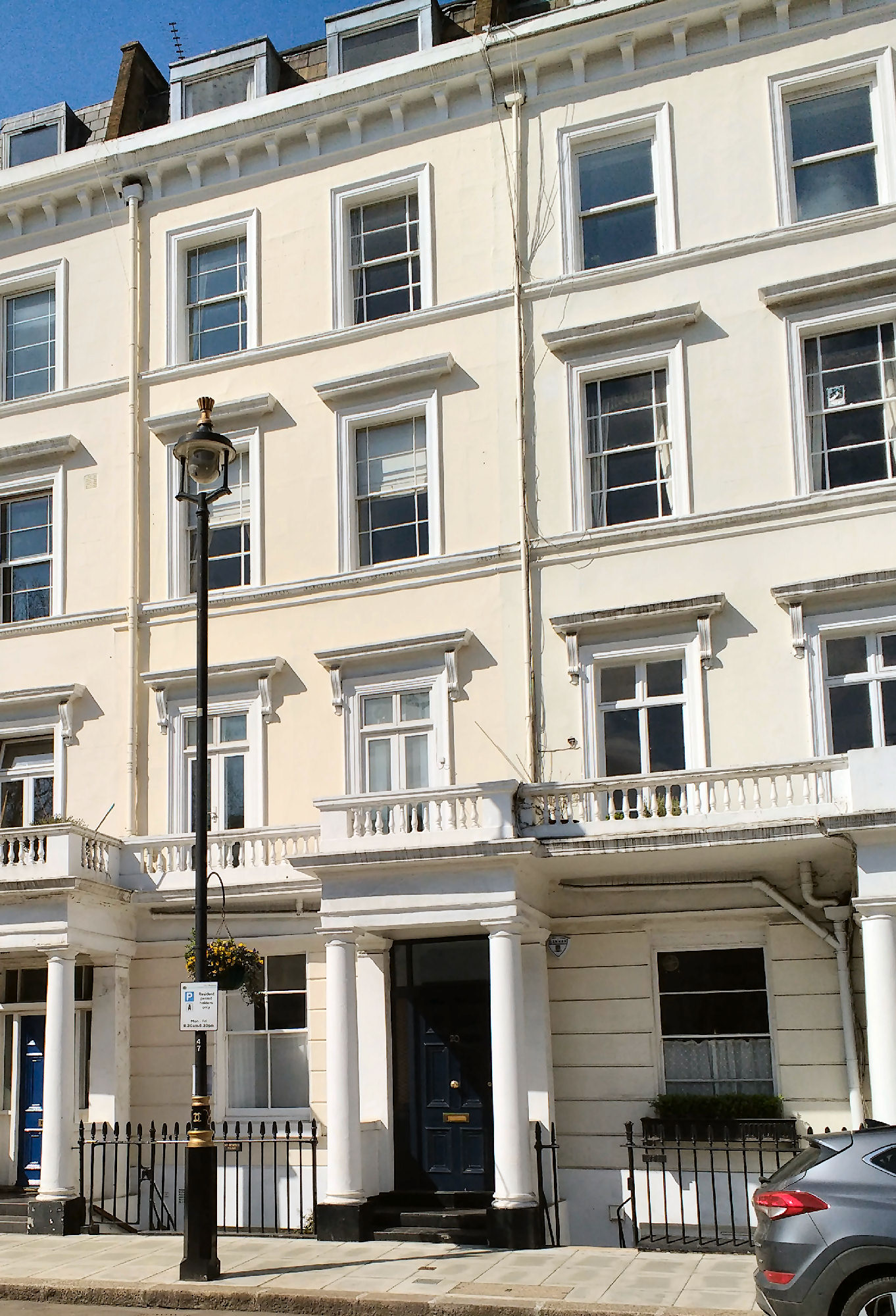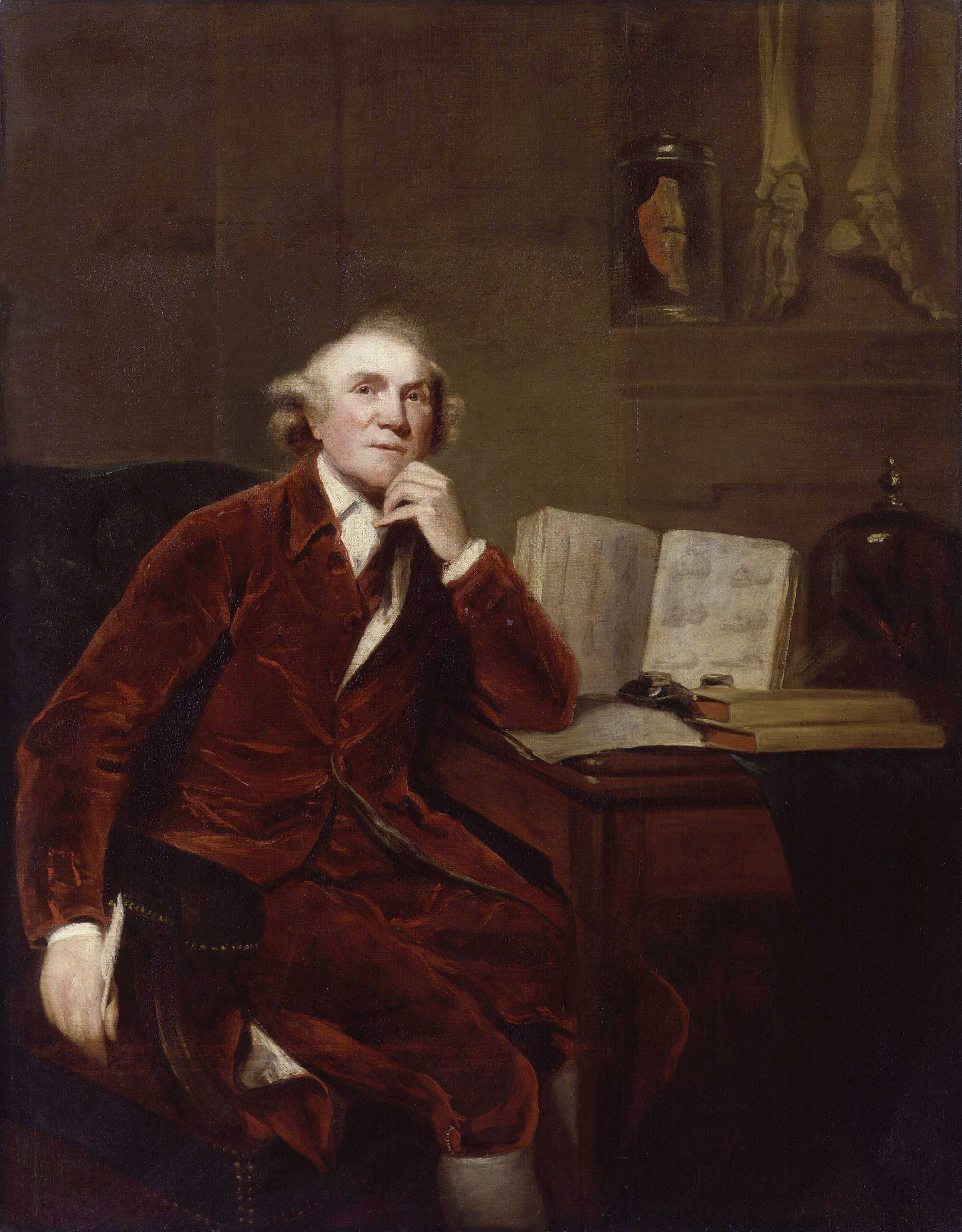|
John Braxton Hicks
John Braxton Hicks (23 February 1823 – 28 August 1897) was a 19th-century English doctor who specialised in obstetrics. He was born to Edward Hicks in Rye, Sussex. He was educated privately and in 1841 entered Guy's Hospital Medical School. He obtained his MB at the University of London in 1845 and an MD in 1851. He was elected a Fellow of the Royal College of Physicians in 1866. In 1856 he was appointed assistant obstetric physician at Guy's Hospital and full physician in 1868. In 1888 he became obstetric physician at St Mary's Hospital, London. Hicks was the first physician to describe the bipolar and other methods of the version of a fetus. In 1872, he described the uterine contractions not resulting in childbirth now known as Braxton Hicks contractions. In 1862 he was elected a Fellow of the Royal Society by virtue of his interest in Natural History, about which he wrote numerous papers. He gave the Hunterian Oration to the Hunterian Society in 1868 and was elected t ... [...More Info...] [...Related Items...] OR: [Wikipedia] [Google] [Baidu] |
John Braxton Hicks 1881
John is a common English name and surname: * John (given name) * John (surname) John may also refer to: New Testament Works * Gospel of John, a title often shortened to John * First Epistle of John, often shortened to 1 John * Second Epistle of John, often shortened to 2 John * Third Epistle of John, often shortened to 3 John People * John the Baptist (died c. AD 30), regarded as a prophet and the forerunner of Jesus Christ * John the Apostle (lived c. AD 30), one of the twelve apostles of Jesus * John the Evangelist, assigned author of the Fourth Gospel, once identified with the Apostle * John of Patmos, also known as John the Divine or John the Revelator, the author of the Book of Revelation, once identified with the Apostle * John the Presbyter, a figure either identified with or distinguished from the Apostle, the Evangelist and John of Patmos Other people with the given name Religious figures * John, father of Andrew the Apostle and Saint Peter * Pope J ... [...More Info...] [...Related Items...] OR: [Wikipedia] [Google] [Baidu] |
Contraction (childbirth)
Uterine contractions are muscle contractions of the uterine smooth muscle that occur during the menstrual cycle and labour. Uterine contractions occur throughout the menstrual cycle in the non-pregnant state and throughout gestation. Throughout menstrual cycle Uterine contractions that occur throughout the menstrual cycle, also termed ''endometrial waves'' or ''contractile waves'', appear to involve only the sub-endometrial layer of the myometrium. Follicular and luteal phase In the early follicular phase, uterine contractions in the non-pregnant woman occur 1—2 times per minute and last 10–15 seconds with a low intensity of usually 30 mmHg or less. This sub-endometrial layer is rich in estrogen and progesterone receptors. The frequency of contractions increases to 3–4 per minute towards ovulation. During the luteal phase, the frequency and intensity decrease, possibly to facilitate any implantation. Menstruation If implantation does not occur, the frequency of contraction ... [...More Info...] [...Related Items...] OR: [Wikipedia] [Google] [Baidu] |
Fellows Of The Royal Society
Fellowship of the Royal Society (FRS, ForMemRS and HonFRS) is an award granted by the judges of the Royal Society of London to individuals who have made a "substantial contribution to the improvement of natural knowledge, including mathematics, engineering science, and medical science". Fellowship of the Society, the oldest known scientific academy in continuous existence, is a significant honour. It has been awarded to many eminent scientists throughout history, including Isaac Newton (1672), Michael Faraday (1824), Charles Darwin (1839), Ernest Rutherford (1903), Srinivasa Ramanujan (1918), Albert Einstein (1921), Paul Dirac (1930), Winston Churchill (1941), Subrahmanyan Chandrasekhar (1944), Dorothy Hodgkin (1947), Alan Turing (1951), Lise Meitner (1955) and Francis Crick (1959). More recently, fellowship has been awarded to Stephen Hawking (1974), David Attenborough (1983), Tim Hunt (1991), Elizabeth Blackburn (1992), Tim Berners-Lee (2001), Venki Ramakrishnan ... [...More Info...] [...Related Items...] OR: [Wikipedia] [Google] [Baidu] |
Fellows Of The Royal College Of Physicians
The Royal College of Physicians (RCP) is a British professional membership body dedicated to improving the practice of medicine, chiefly through the accreditation of physicians by examination. Founded by royal charter from King Henry VIII in 1518, the RCP is the oldest medical college in England. It set the first international standard in the classification of diseases, and its library contains medical texts of great historical interest. The college is sometimes referred to as the Royal College of Physicians of London to differentiate it from other similarly named bodies. The RCP drives improvements in health and healthcare through advocacy, education and research. Its 40,000 members work in hospitals and communities across over 30 medical specialties with around a fifth based in over 80 countries worldwide. The college hosts six training faculties: the Faculty of Forensic and Legal Medicine, the Faculty for Pharmaceutical Medicine, the Faculty of Occupational Medicine the Fac ... [...More Info...] [...Related Items...] OR: [Wikipedia] [Google] [Baidu] |
19th-century English Medical Doctors
The 19th (nineteenth) century began on 1 January 1801 ( MDCCCI), and ended on 31 December 1900 ( MCM). The 19th century was the ninth century of the 2nd millennium. The 19th century was characterized by vast social upheaval. Slavery was abolished in much of Europe and the Americas. The First Industrial Revolution, though it began in the late 18th century, expanding beyond its British homeland for the first time during this century, particularly remaking the economies and societies of the Low Countries, the Rhineland, Northern Italy, and the Northeastern United States. A few decades later, the Second Industrial Revolution led to ever more massive urbanization and much higher levels of productivity, profit, and prosperity, a pattern that continued into the 20th century. The Islamic gunpowder empires fell into decline and European imperialism brought much of South Asia, Southeast Asia, and almost all of Africa under colonial rule. It was also marked by the collapse of the large S ... [...More Info...] [...Related Items...] OR: [Wikipedia] [Google] [Baidu] |
People From Rye, East Sussex
A person ( : people) is a being that has certain capacities or attributes such as reason, morality, consciousness or self-consciousness, and being a part of a culturally established form of social relations such as kinship, ownership of property, or legal responsibility. The defining features of personhood and, consequently, what makes a person count as a person, differ widely among cultures and contexts. In addition to the question of personhood, of what makes a being count as a person to begin with, there are further questions about personal identity and self: both about what makes any particular person that particular person instead of another, and about what makes a person at one time the same person as they were or will be at another time despite any intervening changes. The plural form "people" is often used to refer to an entire nation or ethnic group (as in "a people"), and this was the original meaning of the word; it subsequently acquired its use as a plural form of ... [...More Info...] [...Related Items...] OR: [Wikipedia] [Google] [Baidu] |
1897 Deaths
Events January–March * January 2 – The International Alpha Omicron Pi sorority is founded, in New York City. * January 4 – A British force is ambushed by Chief Ologbosere, son-in-law of the ruler. This leads to a punitive expedition against Benin. * January 7 – A cyclone destroys Darwin, Australia. * January 8 – Lady Flora Shaw, future wife of Governor General Lord Lugard, officially proposes the name "Nigeria" in a newspaper contest, to be given to the British Niger Coast Protectorate. * January 22 – In this date's issue of the journal ''Engineering'', the word ''computer'' is first used to refer to a mechanical calculation device. * January 23 – Elva Zona Heaster is found dead in Greenbrier County, West Virginia. The resulting murder trial of her husband is perhaps the only capital case in United States history, where spectral evidence helps secure a conviction. * January 31 – The Czechoslovak Trade Union Association is f ... [...More Info...] [...Related Items...] OR: [Wikipedia] [Google] [Baidu] |
1823 Births
Eighteen or 18 may refer to: * 18 (number), the natural number following 17 and preceding 19 * one of the years 18 BC, AD 18, 1918, 2018 Film, television and entertainment * ''18'' (film), a 1993 Taiwanese experimental film based on the short story ''God's Dice'' * ''Eighteen'' (film), a 2005 Canadian dramatic feature film * 18 (British Board of Film Classification), a film rating in the United Kingdom, also used in Ireland by the Irish Film Classification Office * 18 (''Dragon Ball''), a character in the ''Dragon Ball'' franchise * "Eighteen", a 2006 episode of the animated television series ''12 oz. Mouse'' Music Albums * ''18'' (Moby album), 2002 * ''18'' (Nana Kitade album), 2005 * '' 18...'', 2009 debut album by G.E.M. Songs * "18" (5 Seconds of Summer song), from their 2014 eponymous debut album * "18" (One Direction song), from their 2014 studio album ''Four'' * "18", by Anarbor from their 2013 studio album '' Burnout'' * "I'm Eighteen", by Alice Cooper common ... [...More Info...] [...Related Items...] OR: [Wikipedia] [Google] [Baidu] |
Athelstan Braxton Hicks
Athelstan Braxton Hicks (19 June 1854 – 17 May 1902) was a coroner in London and Surrey for two decades at the end of the 19th century. He was given the nickname "The Children's Coroner" for his conscientiousness in investigating the suspicious deaths of children, and especially baby farming and the dangers of child life insurance. He would later publish a study on infanticide. He was the son of Dr John Braxton Hicks, the well-known obstetrician, born in Tottenham, London. Career He was a barrister at law who entered the Middle Temple in 1872 and was Call to the bar, called to the bar in 1875. He was a special pleader on the Western Circuit and at the Middlesex Sessions. He was for some time a student at Guy's Hospital, where he gained considerable knowledge of medical jurisprudence. He was Deputy Coroner of the City of London and Borough of Southwark, the City of Westminster and the West London District. He was appointed Coroner in 1885 for the South-Western District of Londo ... [...More Info...] [...Related Items...] OR: [Wikipedia] [Google] [Baidu] |
St Thomas' Hospital
St Thomas' Hospital is a large NHS teaching hospital in Central London, England. It is one of the institutions that compose the King's Health Partners, an academic health science centre. Administratively part of the Guy's and St Thomas' NHS Foundation Trust, together with Guy's Hospital, King's College Hospital, University Hospital Lewisham, and Queen Elizabeth Hospital, it provides the location of the King's College London GKT School of Medical Education. Originally located in Southwark, but based in Lambeth since 1871, the hospital has provided healthcare freely or under charitable auspices since the 12th century. It is one of London's most famous hospitals, associated with people such as Sir Astley Cooper, William Cheselden, Florence Nightingale, Alicia Lloyd Still, Linda Richards, Edmund Montgomery, Agnes Elizabeth Jones and Sir Harold Ridley. It is a prominent London landmark – largely due to its location on the opposite bank of the River Thames to the Houses of Parlia ... [...More Info...] [...Related Items...] OR: [Wikipedia] [Google] [Baidu] |
Hunterian Society
The Hunterian Society, founded in 1819 in honour of the Scottish surgeon John Hunter (1728–1793), is a society of physicians and dentists based in London. Established by Dr William Cooke, a general practitioner, and Thomas Armiger, a surgeon, who both practiced in the City of London and the East End of London, the Society has devoted its activities for nearly two hundred years towards the pursuit of medical knowledge and learning. Meetings are always held over dinner, which precedes the subject for debate. Between 1815 and 1828, Sir William Blizard (1743–1835), who was a former pupil of John Hunter, praised Hunter at the Royal College of Surgeons of England in three Hunterian Orations, and it is believed to be due to his influence that the new Society adopted the name 'Hunterian', rather than 'The London Medical and Physical Society', which was the name first proposed for it. Blizard became the Society's first President and had the aim of keeping it within the Hunterian ... [...More Info...] [...Related Items...] OR: [Wikipedia] [Google] [Baidu] |
Braxton Hicks Contractions
Braxton Hicks contractions, also known as practice contractions or false labor, are sporadic uterine contractions that may start around six weeks into a pregnancy. However, they are usually felt in the second or third trimester of pregnancy. Associated conditions Braxton Hicks contractions are often confused for labor. Braxton Hicks contractions allow the pregnant woman's body to prepare for labor. However, the presence of Braxton Hicks contractions does not mean a woman is in labor or even that labor is about to commence. Another common cause of pain in pregnancy is round ligament pain. Table 1. Braxton Hicks contractions vs. True Labor Pathophysiology Although the exact causes of Braxton Hicks contractions are not fully understood, there are known triggers that cause Braxton Hicks contractions, such as when a pregnant woman: * is dehydrated * has a full bladder * has just had sexual intercourse * has been exercising (running, lifting heavy objects) * is under excessive ... [...More Info...] [...Related Items...] OR: [Wikipedia] [Google] [Baidu] |




_1938.jpg)



